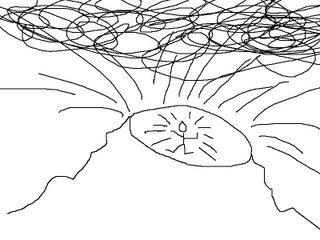"Watching academics debate can be amusing. Such was the case with a debate I read about over the weekend regarding the value of China's national classics, of which Confucianism provides the moral core, in the modern age.
It was startet by a young reporter from a local newspaper in Beijing, who questioned a scholar from the Chinese Academy of Social Sciences, whose field of research is Confucianism, about the role of the national classics in management.
Since, asked the reporter, management is about 'controlling people', should the national classics be seen as a management theory?
The furious academic wondered how the reporter had the temerity to make such a statement. Confucianism is a great wisdom, and the study of national classics is about great wisdom, he said. How can they be regarded as nothing more important than a 'management theory', he fumed." (via
You Nuo, China Daily)
Diese Fragen scheinen eine Debatte losgetreten zu haben, was modernes Management eigentlich ist und leisten soll und wie es in China unter Einbeziehung der nationalen Besonderheiten umsetzbar ist. Ein (wenigstens gedanklicher) Wandel ist in Sicht, weg vom alleinigen Gewinndenken, hin zu "put people first".
"Defining management as 'controlling people' is as much of distortion as defining Confucianism as a similar device. It is a pity to learn that so many people remain unclear about this."
Labels: China









